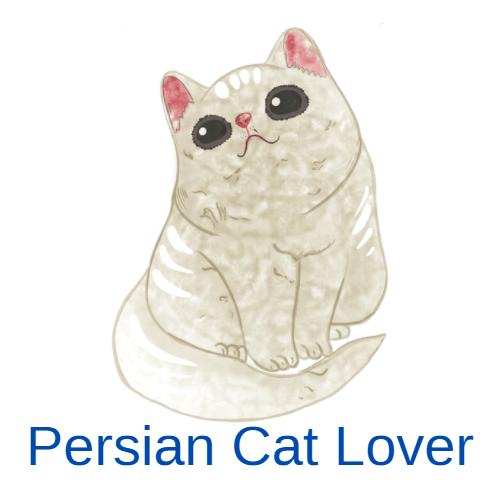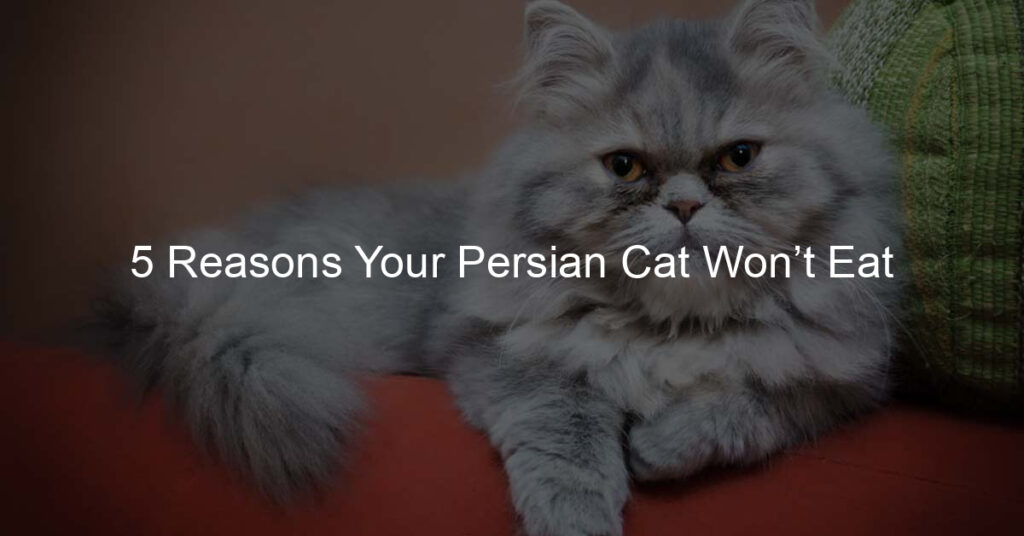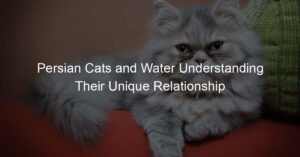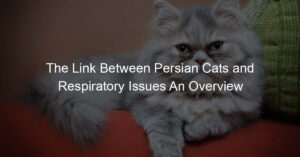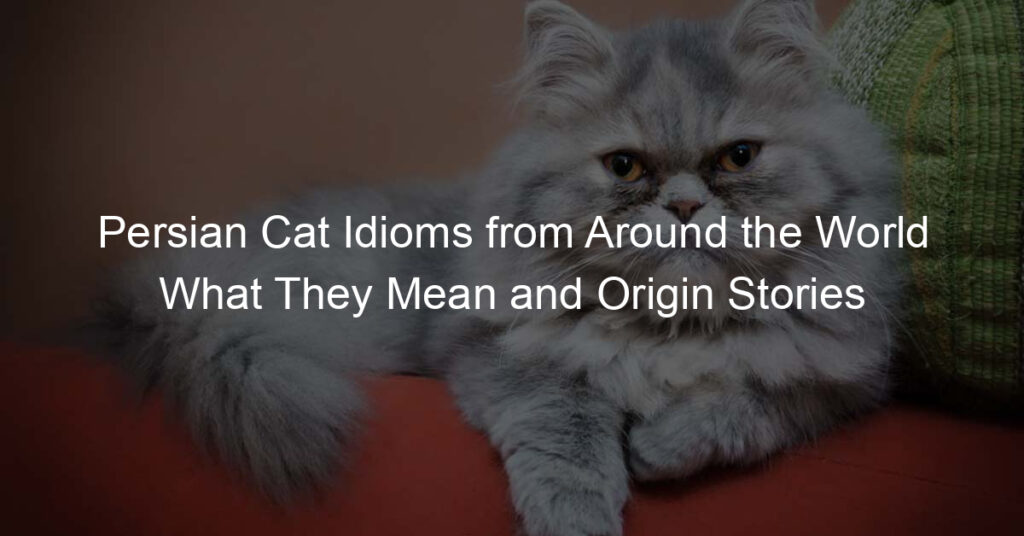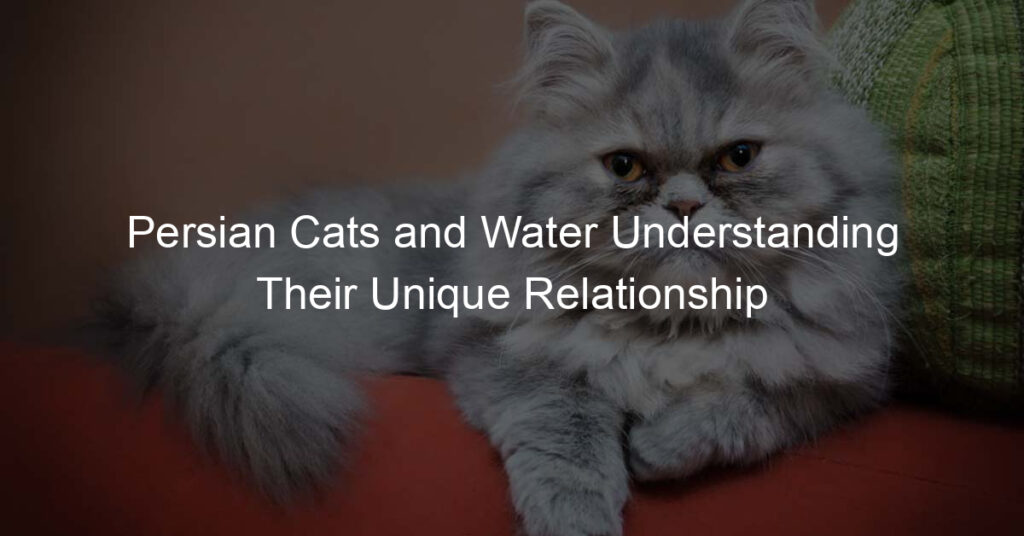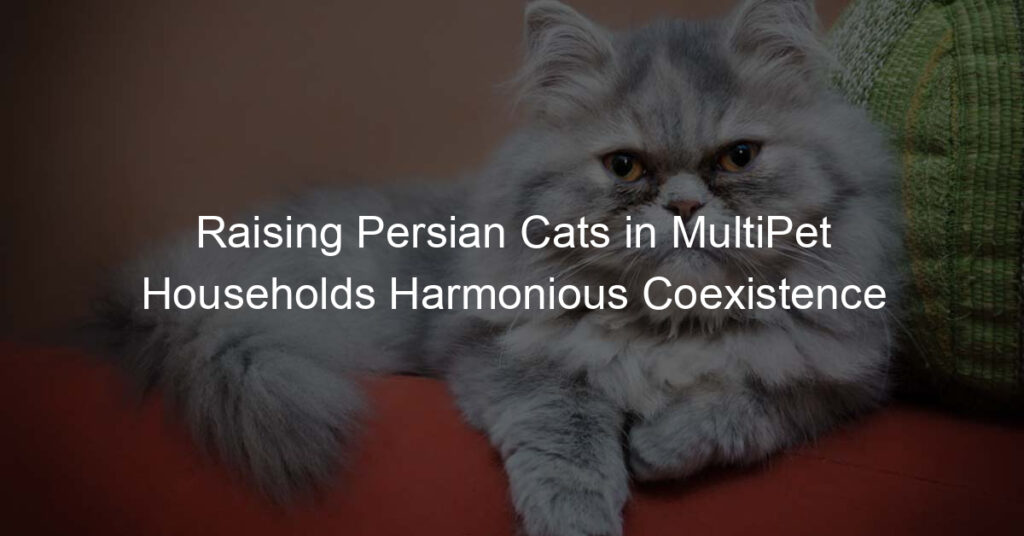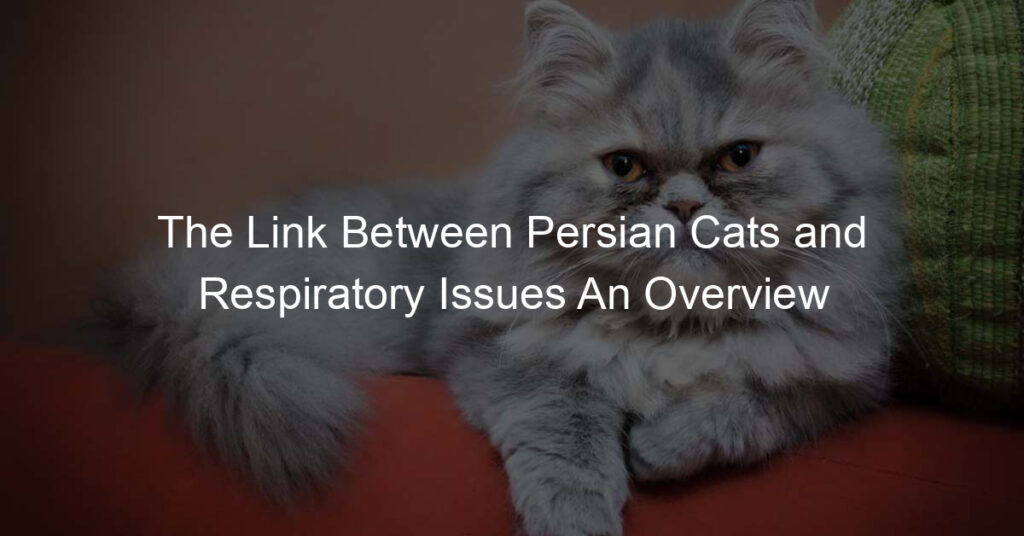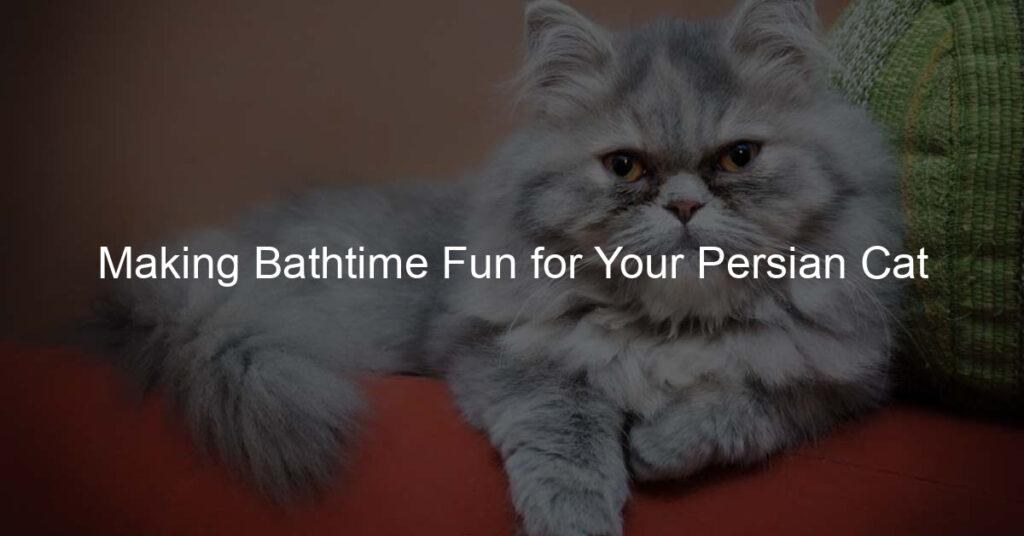If you’re a Persian cat owner, you know that they can be finicky eaters. Here are 5 reasons why your Persian cat may not be eating. Hopefully, this will help you get to the bottom of the issue and get your kitty back on track!
1. Stress: Cats can experience stress for a variety of reasons, such as changes in their environment, a disrupted routine, or too much noise or activity. If your Persian cat is feeling stressed, it could lead to them refusing food.
2. Health Problems: Your Persian cat may not be eating if they’re experiencing a health problem. If they’re showing any signs of illness, it’s important to take them to the vet as soon as possible.
3. Pickiness: Persian cats are known to be picky eaters and may not like the food you provide for them. It might help to try different food flavors and textures to see what they prefer.
4. Dental Issues: Your Persian cat may not be eating due to dental issues such as a broken tooth or an abscessed one. If your pet is exhibiting any signs of pain, it’s important to have them seen by the vet right away.
5. Boredom: Cats can get bored with their food if it’s the same every day. Try introducing a variety of new flavors and textures to keep them interested in eating.
What do you do if your Persian cat is not eating?
If your Persian cat is not eating, it can be a worrisome development. First and foremost, contact your veterinarian to rule out any underlying medical issues that might be causing the loss of appetite. If everything checks out medically, take an honest assessment of the food that you offer to your pet; is it fresh and nutritious?
Also, consider what kind of atmosphere you are providing for them – cats are sensitive creatures, so implementing things like designated sleeping areas, scratching posts, playing time and plenty of treats can help build a positive relationship between you and your furry friend. With just some minor adjustments to their environment and diet, you can turn this situation around in no time!
Why does my cat suddenly not want to eat?
It can be concerning when your cat suddenly won’t eat, and it’s hard to know why. It could be physical, such as a health issue or toothache, or emotional, such as stress or a disruption in their routine. If your cat stops eating for a day or two, try offering up delicious and inviting food that may tempt them – such as wet food with some herbs mixed in – to see if they still won’t eat.
However, if your cat doesn’t seem interested in anything you offer for longer than 24 hours then it may be time to take them to the vet for an exam and make sure everything is okay.
When should I worry about my cat not eating?
Cats can be picky eaters and it is completely normal for them to eat very little or skip a meal here and there. However, if your cat hasn’t eaten much in the past few days, it may be time to worry. Cats are prone to developing serious health problems from not eating, such as dehydration or hepatic lipidosis.
If your cat starts to show other signs of being unwell such as vomiting, lethargy, lack of grooming, or diarrhea alongside not eating then it’s time to call the vet for a checkup. It’s important not to take any chances when it comes to your beloved pet’s health.
What do you feed a cat that refuses to eat?
Feeding a cat that refuses to eat can be a challenge. Experts advise moistening dry food with warm water and enticing cats with fragrant, crunchy treats. Additionally, try to find out if the lack of appetite is related to an issue like stress or dental pain rather than simply finickiness.
Mixing in additional small amounts of wet food or offering plenty of variety could also help get your pet interested in his meal times again. If the refusal persists and there are no apparent medical issues, talk to your veterinarian about appetite stimulants or medications that will make it easier for your cat to regain its appetite.
Should I force-feed my cat?
Deciding to force-feed your cat is a difficult one, and something that should not be taken lightly. While it may be tempting to try force-feeding your cat if it’s not eating and losing weight, the risks involved can outweigh the benefits. Force-feeding could lead to further complications or cause discomfort for your beloved pet.
If you find yourself in this position with your cat, it’s best to consult with a professional veterinarian first and get them to assess the situation before trying anything else. Your vet will be able to provide recommendations such as alternative ways to get your cat eating (like changing food brands), or recommending special foods like canned prescription diets formulated for cats with decreased appetite.
Summary: 5 Reasons Your Persian Cat Won’t Eat
As the owner of a Persian cat, nourishing your pet and making sure he is healthy should be a top priority. If your feline friend shows signs of not eating, take action quickly to ensure his good health. Remember the 5 reasons your Persian cat may not eat – boredom, dental problems, environmental changes, medication side effects, or internal organ failure. Employing simple tactics such as creating interactive activities for excitement or taking him to the vet for check-ups could help solve the problem.
Additionally, providing access to fresh water is necessary for your feline’s hydration and health. Allowing him access to grass can also give him additional nutrition and help with digestion if there are any issues. If you notice signs that your Persian cat won’t eat it’s time to take action before things get worse!
